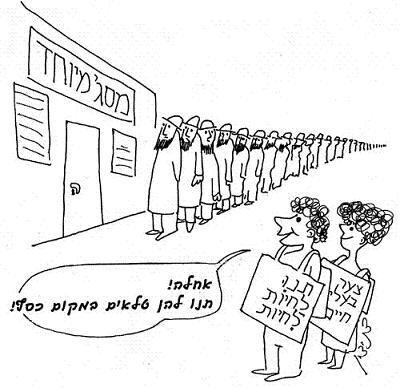
Things given in payment for sexual favors are considered disgusting. Therefore a lamb or kid given to a prostitute in exchange for her services may not be brought as a sacrifice in the Holy Temple, as is written “You shall not bring the wages of a harlot…to the house of the Lord your G-d” (Deuteronomy 23:19). Many rules and details were written about this instruction. For example, they discussed whether a lamb or kid given to a prostitute by one man in exchange for sexual services to another man may be sacrificed. The early sages (the Tanaaim) also ruled that if the man gave the lamb or the kid after receiving sexual services from the prostitute, the animal may be brought as a sacrifice. The scholars asked: Did not the early sages make the opposite ruling, that even if the lamb is given to the prostitute three years after sexual services are rendered one is forbidden to bring the lamb as a sacrifice, because it is still the price of a harlot, forbidden by the Torah’s laws? Answer: The lamb is forbidden as a sacrifice even if it is given after the rendering of sexual services if a specific lamb was designated and the prostitute was told that “this lamb” would be her payment. But if a specific lamb was not designated, if he only agreed to pay the prostitute some lamb and after a while gave her a lamb, the lamb may be brought as a sacrifice. The scholars went on to ask: Why, if he made a deal with the prostitute and designated a specific lamb, is the lamb forbidden for sacrifice? The prostitute did not take possession of the lamb until after the sexual act. Answer: This rule, that the lamb may be not brought as a sacrifice even if it was given to the prostitute after the sexual act, refers to a non-Jewish prostitute, who acquires goods through speech alone and is not required to do an act of acquisition. (One of the forms of acquisition set by the sages is pulling the acquired object towards oneself, but it applies to Jews only. Gentiles can acquire objects without this act.) Another answer: If the prostitute were a Jew and the lamb which was designated as her pay were in the prostitute’s yard, the prostitute thus acquires the lamb (this type of acquisition is called ‘acquisition through the yard’) and so the lamb may not be brought as a sacrifice. The scholars went on to ask: If the lamb is in the prostitute’s yard, in effect she acquired it right after sealing the deal for payment in exchange for sexual services, and so the lamb is not given after the sexual act but before. Answer: In this case he promised the prostitute a monetary payment after sex, and mortgaged the lamb to the prostitute in case of non-payment. Therefore, on one hand this is considered payment after the provision of sexual services, and on the other, it was acquired before the sexual service, so the lamb is forbidden as a sacrifice.
(Babylonian Talmud, Tractate Avodah Zarah 63a)
